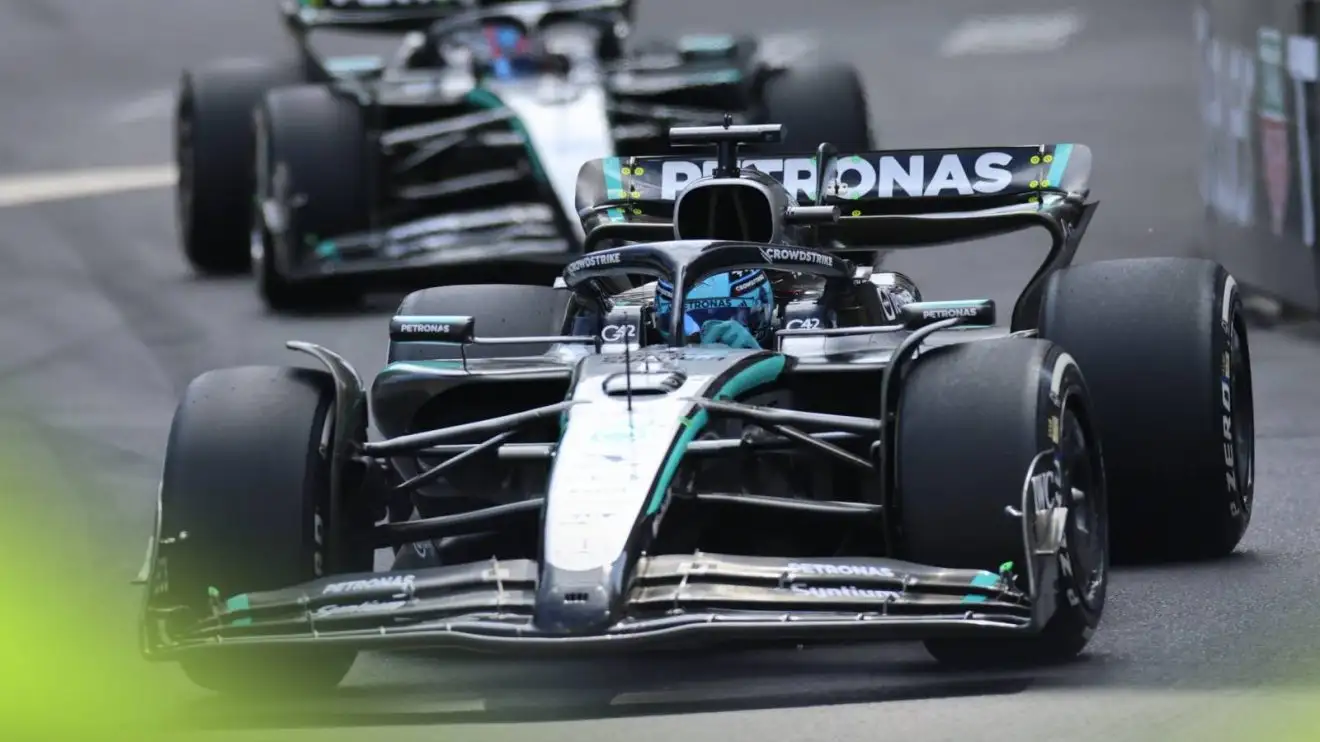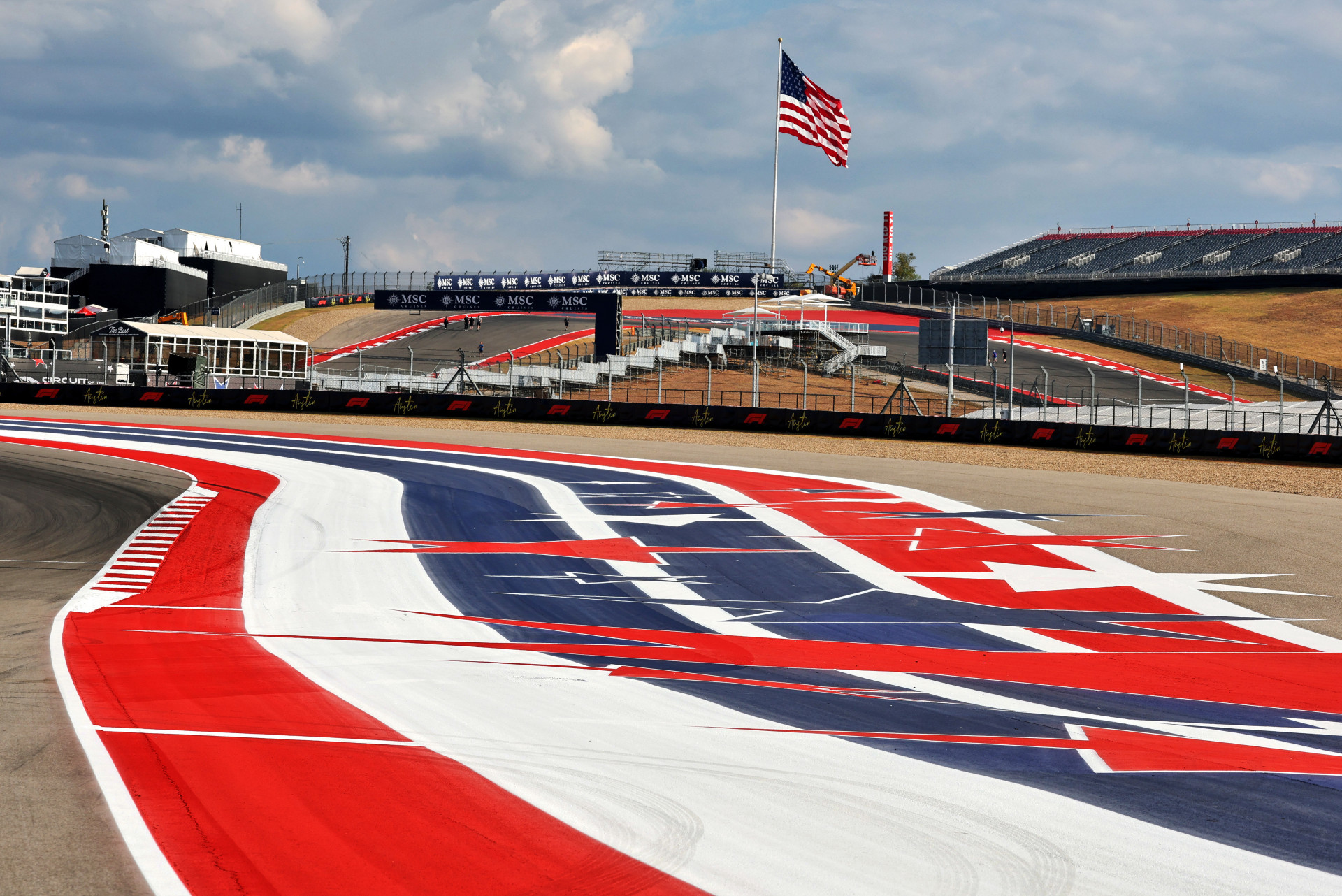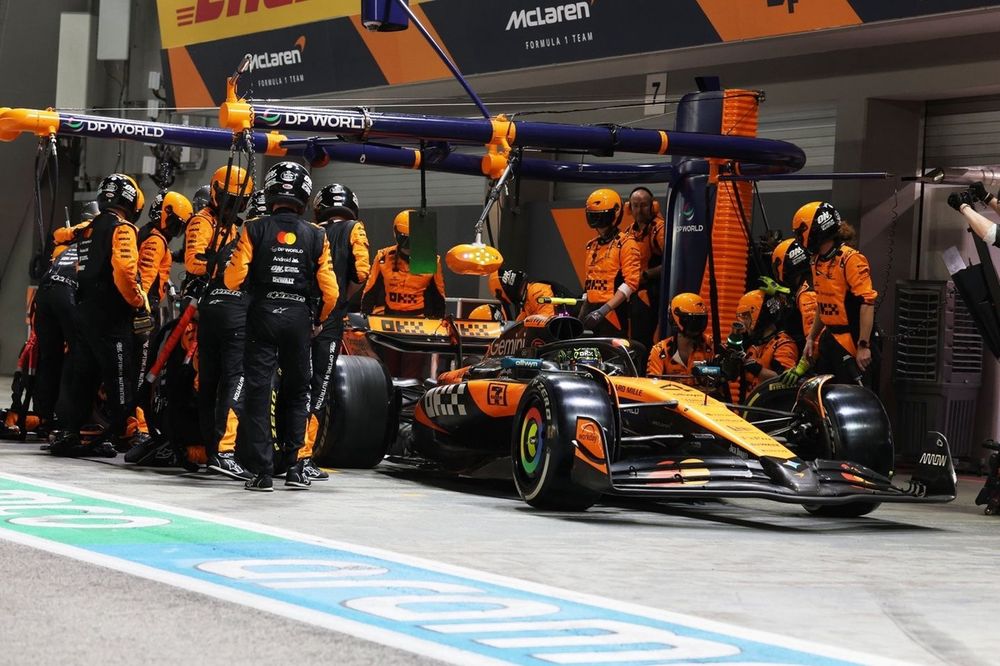
Mercedes Nears 100% Biofuel Use for F1 Logistics, Hits 99% Milestone
Mercedes-AMG Petronas F1 Team has announced a significant stride in its sustainability efforts, achieving 99% biofuel usage for its race and marketing truck logistics during the European leg of the 2025 F1 season. This marks a near-total transition to HVO100 biofuel, demonstrating the team's aggressive push towards carbon neutrality in its operations.
Why it matters:
Mercedes' commitment to nearly 100% biofuel usage in its logistics highlights a broader trend within Formula 1 to reduce its environmental footprint. As the sport aims for Net Zero by 2030, such initiatives by leading teams are crucial for setting new industry standards and accelerating the adoption of sustainable practices across global motorsports and beyond. Achieving this milestone not only reduces emissions but also showcases practical solutions for complex logistical challenges.
The details:
- 99% Biofuel Coverage: For the 2025 European F1 season, Mercedes utilized HVO100 biofuel for 99% of its race and marketing truck fuel requirements, up from 98% in 2024 and 67% in 2023.
- HVO100 Biofuel: The team exclusively uses HVO100, a second-generation hydrotreated vegetable oil, which is a "drop-in" solution requiring no engine modifications.
- Emissions Reduction: The use of HVO100 has led to an 81% reduction in lifecycle emissions compared to standard diesel. Over four years, this initiative has avoided approximately 1190 tonnes of CO2 equivalent emissions.
- Logistical Challenges: Achieving 100% biofuel coverage remains challenging due to varying HVO100 supply levels across Europe and unforeseen logistical needs, occasionally requiring the use of standard diesel.
- Electric Transport Expansion: Mercedes recently completed its first fully electric long-distance transport, hauling W16s from Brackley to Zandvoort (a 673 km round-trip) using an eActros 600, further diversifying its sustainable transport solutions.
- SAF Investment: The team has also invested heavily in Sustainable Aviation Fuel (SAF) for business travel, aiming to reduce aviation emissions by 10,500 tonnes of CO2 in 2025, up from 8,000 tonnes in 2024.
The big picture:
This initiative is a core component of Mercedes' ambitious sustainability strategy, targeting carbon Net Zero across its entire operations by 2040, with the race team aiming for Net Zero emissions by 2030. These efforts extend beyond logistics to aviation and other operational aspects, reflecting a holistic approach to environmental responsibility. The consistent progress in biofuel adoption and the introduction of electric transport signify Mercedes' dedication to being a leader in sustainable high performance within professional sports.
What's next:
Mercedes plans to expand HVO100 usage beyond Europe and increase its fleet of electric trucks in future seasons. Furthermore, the team is set to continue its substantial investment in Sustainable Aviation Fuel, anticipating a quadrupling of its aviation emissions reduction. These continued efforts underscore Mercedes' commitment to driving change within F1 and encouraging wider adoption of sustainable practices, both on and off the track.
Original Article :https://www.planetf1.com/news/mercedes-99-percent-coverage-biofuel-european-seas...









